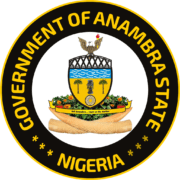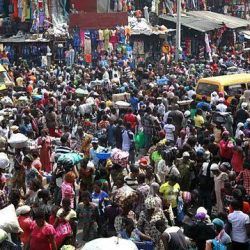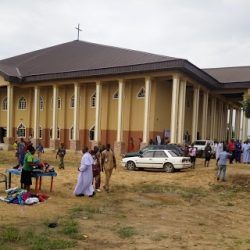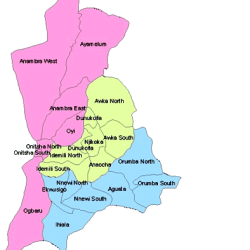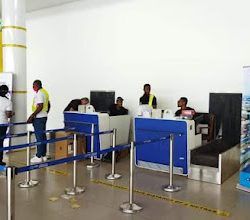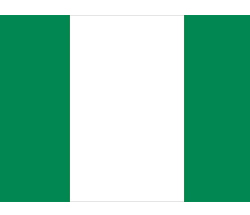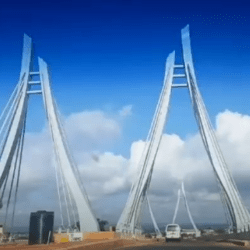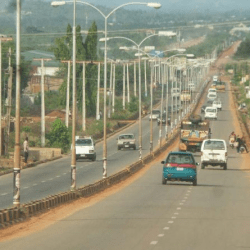
With all our hearts, we pray and ask, God bless Anambra, God bless the shining light that we bear.
We are the only ones to make her brighter, the only ones to make her better, the only ones to make Anambra shine, with our sweat and blood every breath of our lives, with trust in God, we would lift our homeland high, we believe in togetherness; we’ll build a land of progress.
Lift the spirit of Anambra!
Lift the spirit of Anambra!
Lift the spirit of Anambra State we love.
Anambra
Anambra is a Nigerian State located in south-eastern part of the country.
Date created
27 August 1991
Capital
Awka
Area
4,844 km²
Anambra is bounded by Delta State to the west, Imo State to the south, Enugu State to the east and Kogi State to the north.
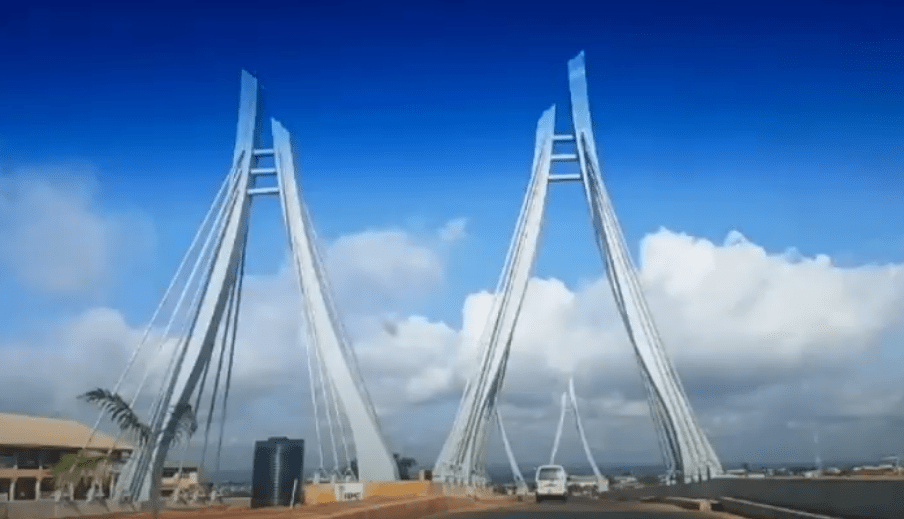




It has one of the highest population densities in Africa. The state comprises numerous thickly populated villages, a number of small towns and a few major towns; some areas are so thickly populated that the estimated density is 1500-2000 persons living within every square kilometer.
Most of the population is rural, although over the last two decades the rural-urban migration has stretched the meagre urban services to a breaking point. This pattern of human migration has posed serious problems for the state’s resources, fragile infrastructure, environmental sanitation, erosion control and social services. This pressure is especially evident in its huge commercial city of Onitsha.
Consequently, portable water, electricity and decent housing for the residents of Onitsha have become a luxury. The onerous task before the new government of Mr. Peter Obi is to reverse the decadence of the past and turn things around for the teeming population of Onitsha in particular and and the entire state generally.
Most of the population of Anambra State are members of the enterprising Igbo ethnic group who are renowned for their resourcefulness and spirit of entrepreneurship. The Anambra Igbo are ubiquitous and can be found in all nooks and crannies of Nigeria, as well as in virtually every region of the world. Wherever they find themselves, the entrepreneurial skills of the Igbo stand them out in all their fields of endeavor. Indeed, Anambra State is a very exciting place to visit by anyone who wants to experience the vibrance of authentic Africa.
HISTORY AND ADMINISTRATIVE DIVISIONS
Old Anambra State was created in 1976 from part of East Central State, and its capital was Enugu. Following further state creation in 1991, Anambra was divided into two states, Anambra and Enugu. Awka is the capital of Anambra State.
The main towns of Anambra state are Awka, Onitsha, Nnewi, Obosi, Ihiala, Ekwulobia (Aguata), Uli, Abagana.
Other significant communities include Ogidi, Aguleri, Umueri (Umuleri), Umuoba-Anam, Nmiata-Anam, Awkuzu, Nsugbe, Ichida, Alor and Atani. There are 21 local government areas in the state: Aguata, Awka-North, Awka-South, Anambra-East, Anambra-West, Anaocha, Ayamelum, Dunukofia, Ekwusigo, Idemili-South and Idemili-North. Others are Ihiala, Njikoka, Nnewi-North, Nnewi-South, Ogbaru, Onitsha-North, Onitsha-South, Orumba-North, Orumba-South, and Oyi.
EDUCATION
Anambrarians are a very educationally advanced people. Literacy rate in the state is comparatively high, and there is an abundance of well educated and skilled personnel in virtually all fields of endeavour. There are a number of institutions of higher learning including Nnamdi Azikiwe University in Awka; Anambra State University, formerly known as Anambra State University of Science and Technology (ASUTECH) Uli; Federal Polytechnic in Oko; Nwafor Orizu College of Education in Nsugbe; College of Agriculture, Igbariam (now incoporated into the Agricultural Sciences faculty of the state university). Hundreds of excellent primary and secondary schools exist in the cities and towns of the state. Primary and secondary school enrollment in the state is one of the highest in the country. Consequently, Anambra state has one of the the largest numbers of JAMB candidates seeking the limited higher education spaces in Nigeria’s tertiary institutions. A recent anomaly in the educational system is the drop in male enrolment, mainly in secondary schools. This is one of the educational problems currently being aggressively tackled by the state government.
